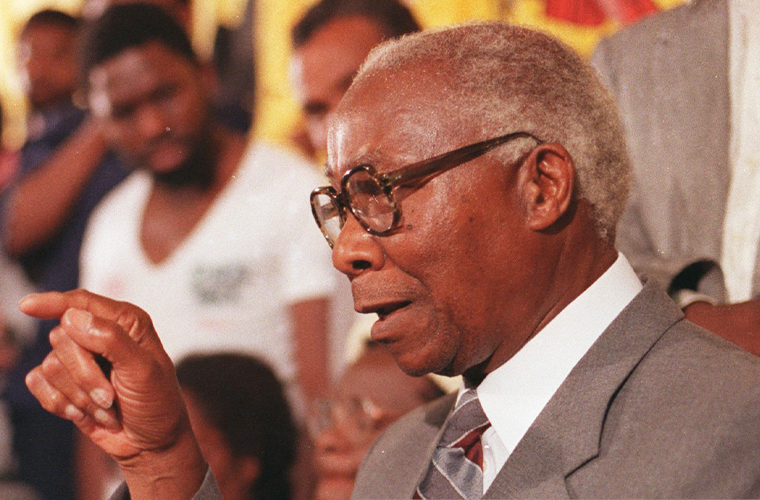Govan Mbeki was a prominent figure in the struggle for freedom and democracy in South Africa. He was born on July 9, 1910, in Nqamakwe, a small town in the Eastern Cape. Mbeki was a teacher, journalist, and political activist who dedicated his life to fighting for the rights of black South Africans. Mbeki was the son of a Methodist minister, and he grew up in a family that valued education and social justice. He attended Lovedale College, a prestigious school for black students, where he excelled academically and became involved in student politics.
After completing his studies, Mbeki worked as a teacher in various parts of the country. He also became a journalist and wrote for several newspapers, including The Guardian and The New Age. His writing focused on issues such as land reform, workers’ rights, and the struggle against apartheid. Mbeki joined the African National Congress (ANC) in the 1940s and quickly became a leading figure in the organization. He was a member of the ANC’s national executive committee and served as the editor of its newspaper, The Africanist.
In 1963, Mbeki was arrested along with other ANC leaders and charged with sabotage. He was sentenced to life imprisonment on Robben Island, where he spent 24 years. While in prison, Mbeki continued to be a vocal advocate for the rights of black South Africans and played a key role in the ANC’s negotiations with the government to end apartheid. After his release from prison in 1987, Mbeki continued to be active in politics. He was elected to the ANC’s national executive committee and served as the deputy president of the organization from 1994 to 1997. Mbeki also played a key role in the drafting of South Africa’s new constitution.
Mbeki passed away on August 30, 2001, at the age of 91. He is remembered as a pioneer of South African politics and a champion of social justice. His legacy continues to inspire those who fight for freedom and democracy around the world.

